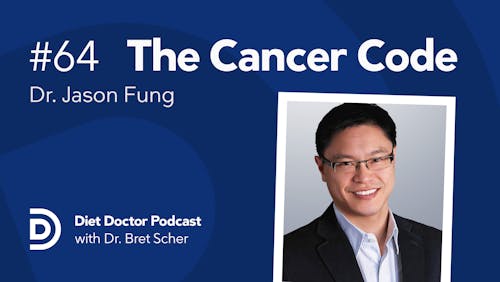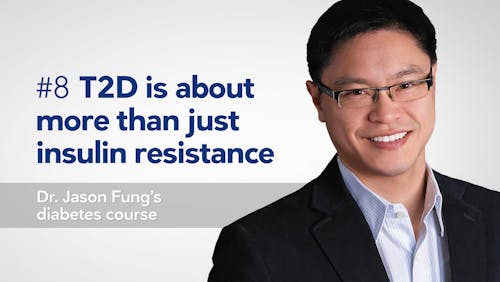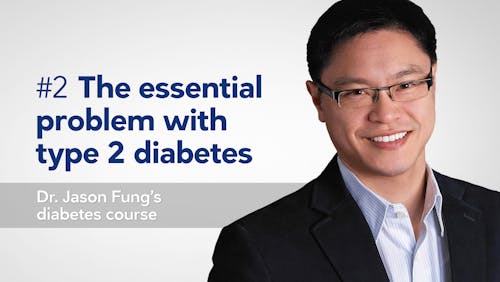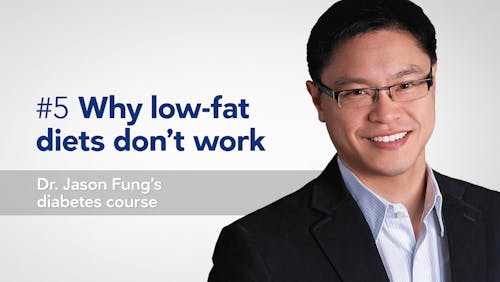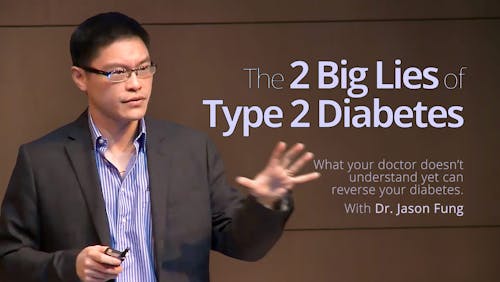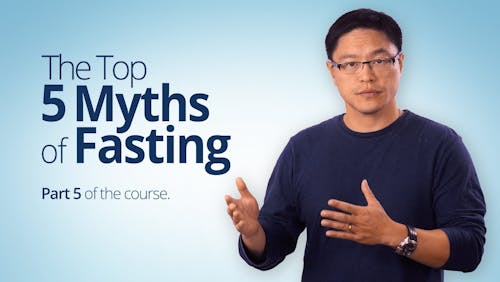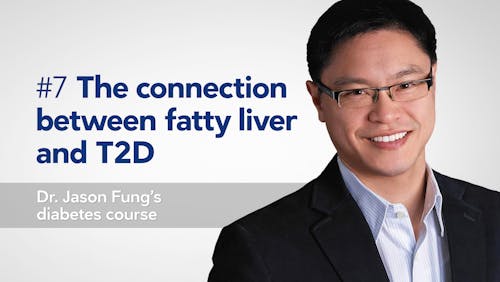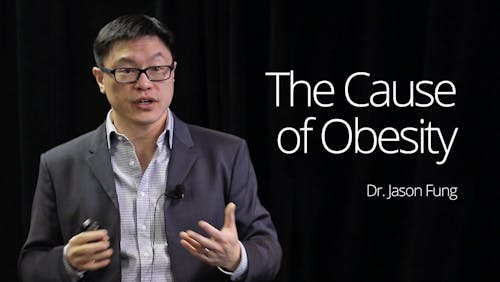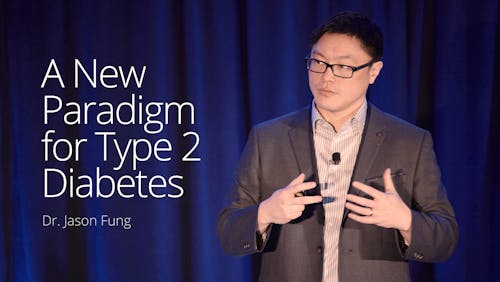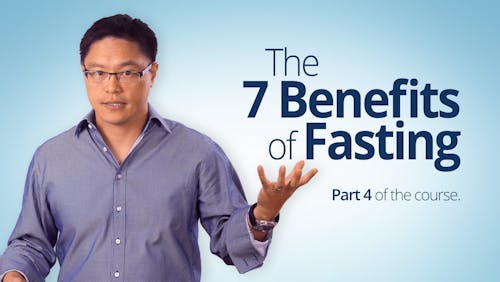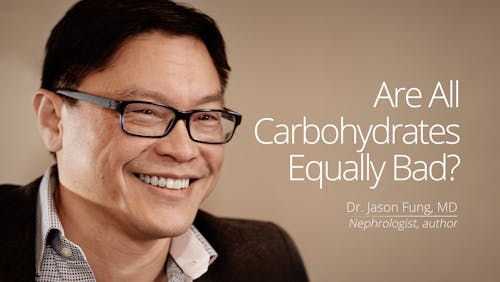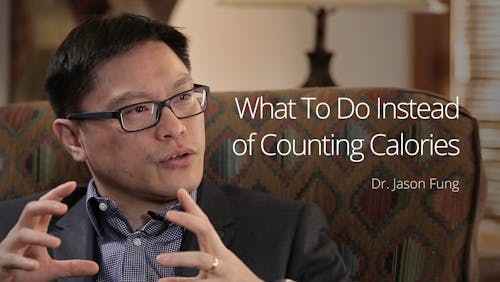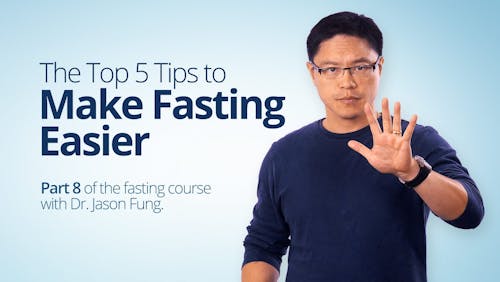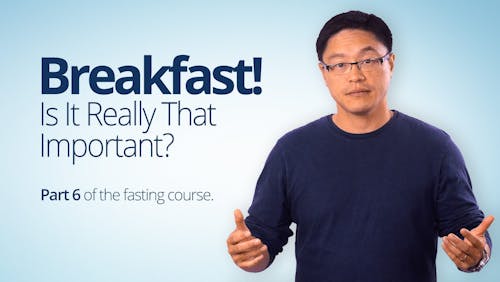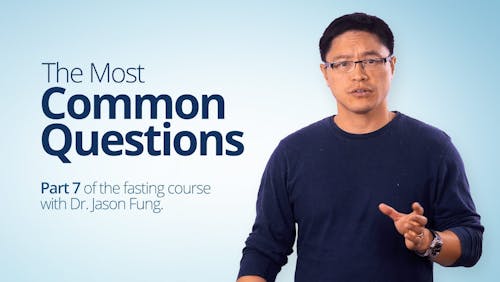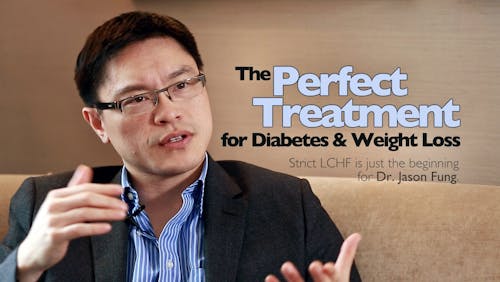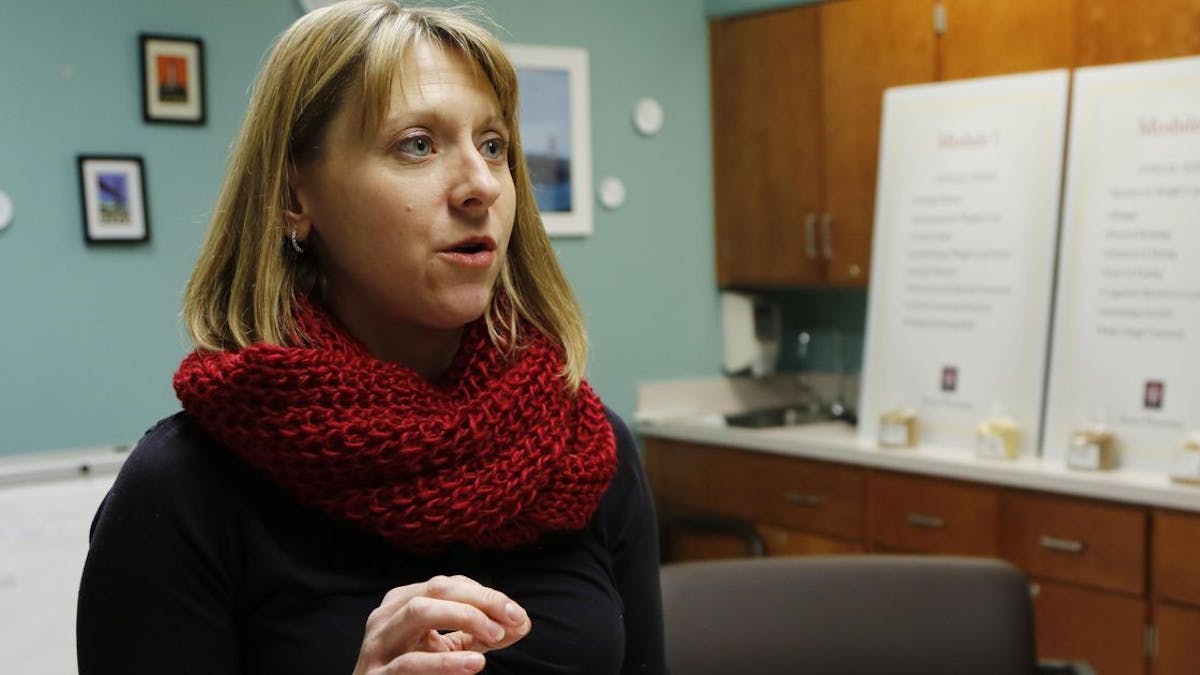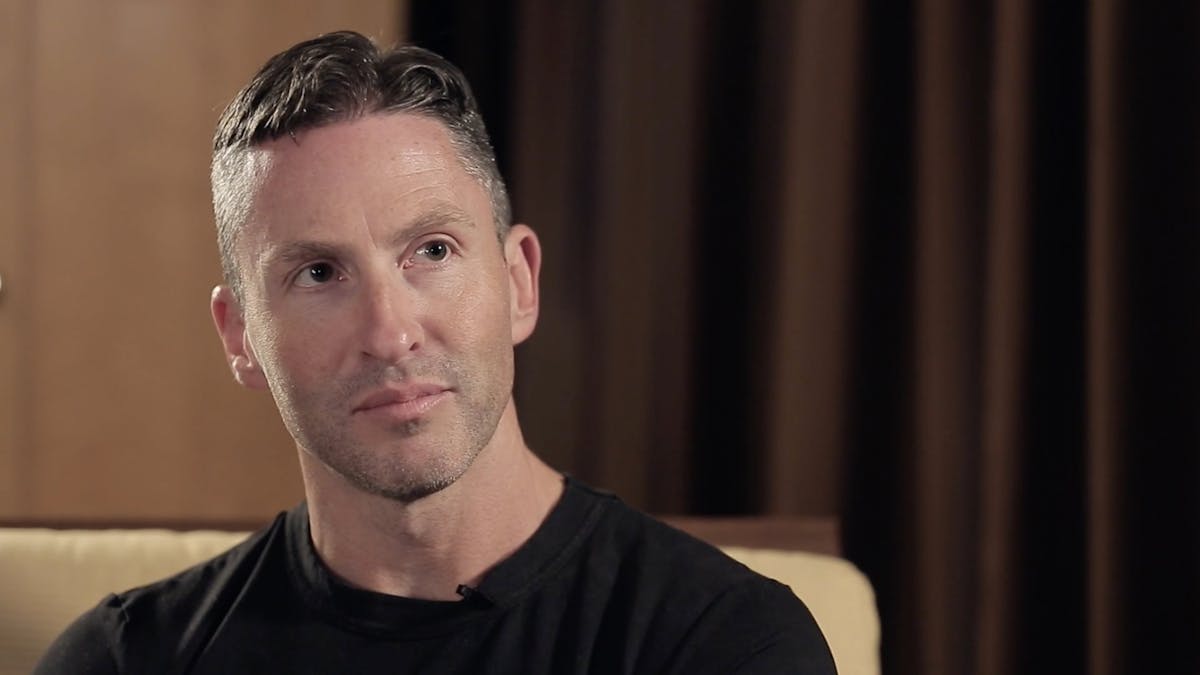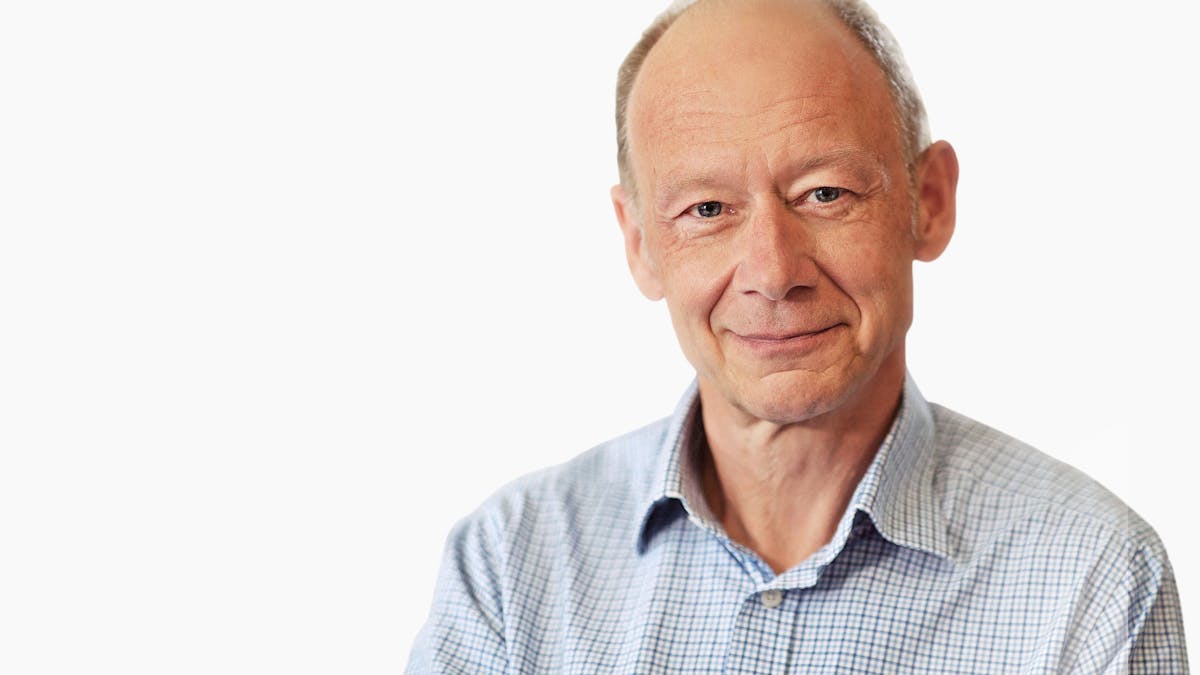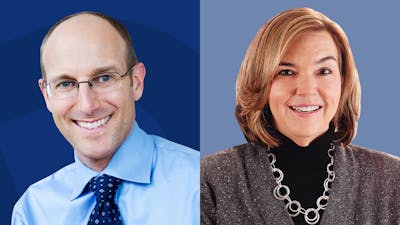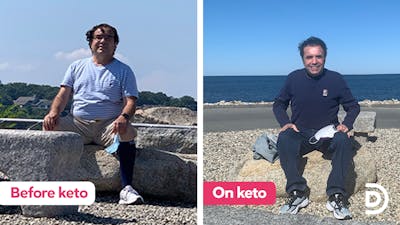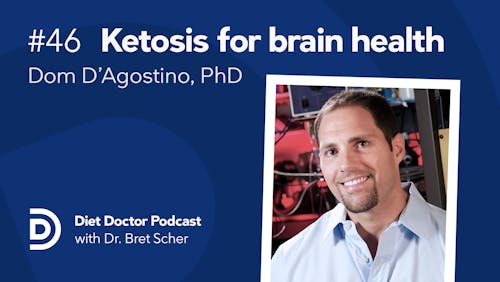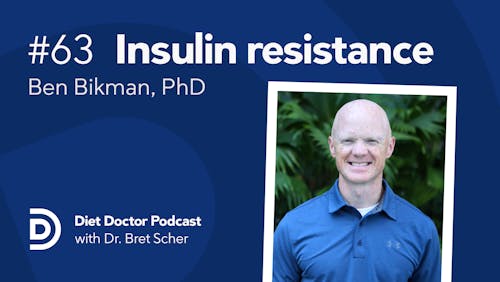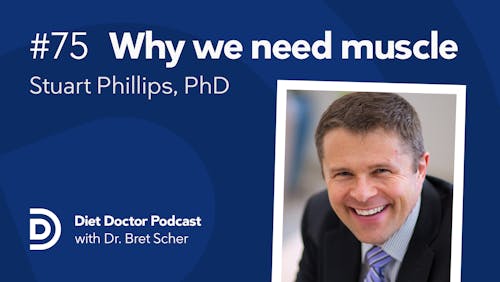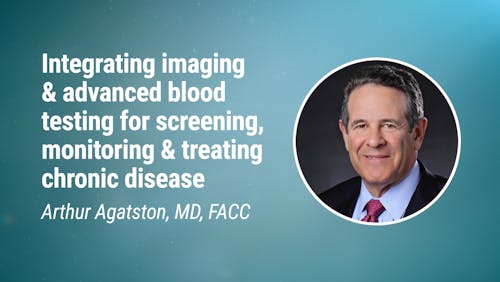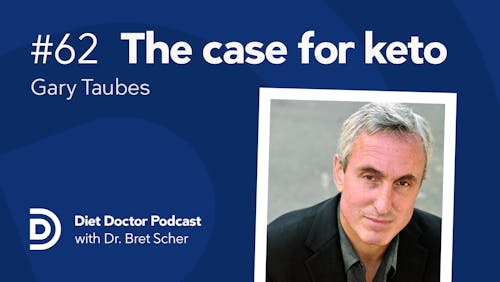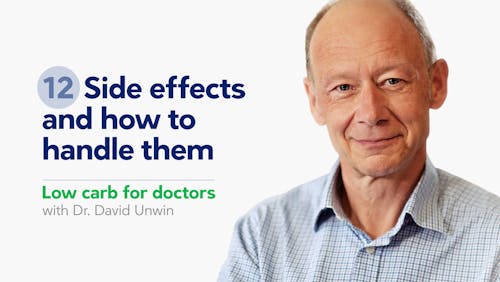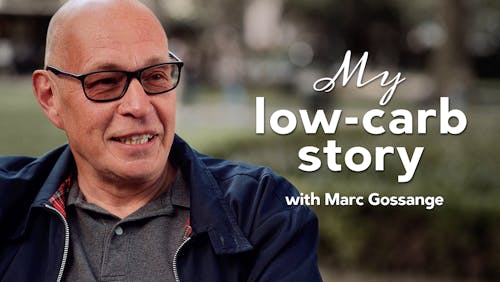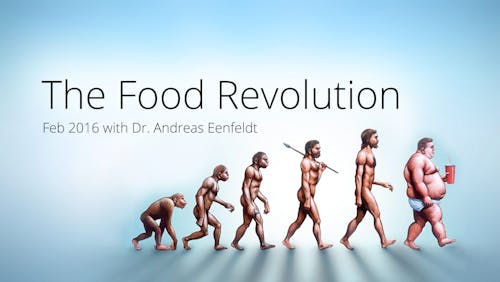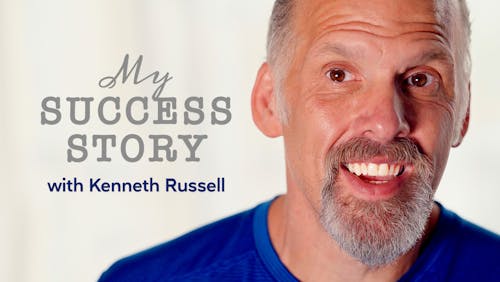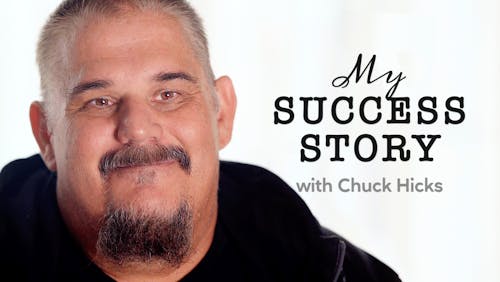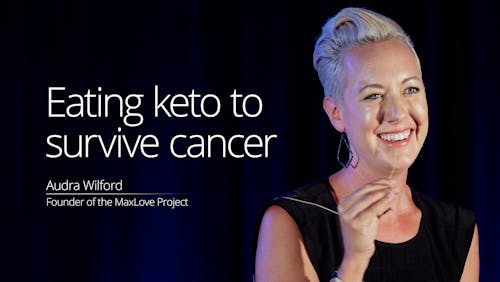Dr. Jason Fung: Dismantling diet dogma, one puzzle piece at a time
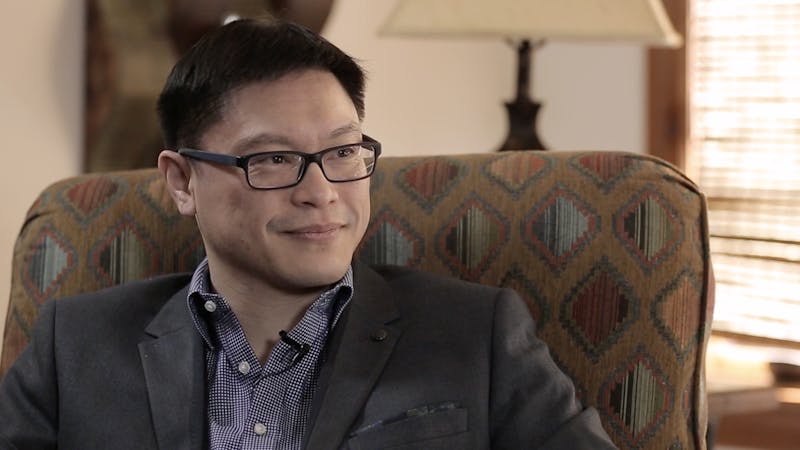
One of Diet Doctor's bloggers and influential experts, Dr. Jason Fung, is rapidly developing an international following. His bestselling book The Obesity Code has now been released in more than eight languages, with rights recently sold in Arabic. A Toronto-based nephrologist (kidney specialist), Dr. Fung is the founder of Intensive Dietary Management, an online coaching program for weight loss and type 2 diabetes reversal. How did he come to embrace low-carb eating and intermittent fasting? What were his eureka moments? Here is his story.
Dr. Jason Fung has always loved puzzles. He loves to wrap his mind around them, examining them from all angles until he figures them out.
Whether it is the math puzzle Sudoku — which he says he is obsessed with — or a physiologic conundrum like obesity or diabetes, his will take hold of a problem and not let go until he has arrived at a logical explanation for the interaction of all variables.
“I’m always looking at an issue and saying: “That doesn’t make sense!’ And then I try to look at it logically and I try to make it very obvious all that is illogical.”
That puzzle-solving mindset has served him well. With his iconoclastic thinking in recent years he has been dismantling theories about energy balance in obesity, insulin resistance and proving intermittent fasting (IF) is a safe and effective way to reverse diabetes. He is a popular expert at Diet Doctor and a world-wide expert in using IF.
“Except for a few body builders, I was the first one to really start talking about intermittent fasting in a clinical sense. The prevailing medical thought was that you should never fast a diabetic. I said, why not? That doesn’t make any sense! If they fast, they will reduce their insulin, they will burn off their own sugars and access their fat stores. So I started using it clinically, monitoring people who were doing it, and they would get a whole lot better right away.”
Journey into medicine
Jason’s journey into medicine began in Toronto, where he was born and raised. He excelled at science and math in school.
“English and writing was always my worst mark, by a long shot, which now I find very ironic because I am writing so much,” says Jason, 44, who not only blogs weekly on Diet Doctor and his own website, but already has two best-selling books The Complete Guide to Fasting and The Obesity Code. His third book The Diabetes Code is scheduled to be released in March 2018.
Prior to entering university, he considered going into engineering, but decided on medicine, doing two years in biochemistry first, then his medical degree at the University of Toronto. (His wife, however, is an engineer.)
He chose to specialize in nephrology — the study of kidney diseases and treatment — because it is more mathematically-oriented than other specialties. “In nephrology, you deal with more equations than in other types of medicine and I really like that.”
Between 1999 and 2001 he did his nephrology fellowship at University of California, Los Angeles, then returned to Toronto to practice. The majority of his kidney patients — at least 70 per cent — have diabetes and are obese, in kidney failure. For the first seven years of practice he treated them in the conventional way, like all his colleagues: preaching a low-fat diet and strict blood-sugar control while providing medical management of their kidney issues.Rethinking medicine
Then two events around 2007-2008 rocked his medical world. The first was a couple of well designed studies, including one reported in the New England Journal of Medicine (NEJM) that looked at low-carb high-fat diets for weight loss in comparison to low-fat and Mediterranean diets. LCHF had the best results. Moreover, counter to prevailing views, no kidney issues arose in those doing an Atkins-like diet.
“That was a real stunner to me, to see that there were huge benefits to LCHF. It was the complete opposite of what we thought and had been taught.”
The second “stunner” was two large separate studies, both published in NEJM in 2008, about the impact of strict glycemic control using medications for type 2 diabetes, one called the ACCORD study, the second called the ADVANCE study. Both studies found no health benefit for patients by tightly controlling their blood glucose with intensive drug therapy. In fact the patients in the intensive therapy group had more health complications and more deaths!
“The conventional wisdom was that if we got blood glucose down by giving lots and lots of drugs patients would be healthier. These two studies completely proved that false!”
What was so shocking to Jason, however, was after these seminal publications, nothing in medical practice changed!
“To me this was crazy. Here we have a complete repudiation of the entire basis of the way we treat obesity and type 2 diabetes. And nothing happened! Nobody stopped to think about what is going on here. Why did this happen? What is the mechanism? How can we figure out a better way? They just wanted to keep doing what they were doing and pretend these studies never happened.”
It didn’t make any sense!
That’s when he decide to wrestle with these puzzles and figure it out for himself. He went deeper and deeper into the medical literature, spending hours at night and on weekends investigating.
“I started looking at obesity, and all the talk about calories, calories, calories. I thought let’s go back in the literature and see if there is any evidence. What is the physiology behind it? And I found as soon as you look from a new perspective you see that the whole calorie/energy balance theory is garbage.”Eventually he got to the point in his physiological puzzle-solving where he started to put together a new coherent model about insulin and insulin resistance and how it relates to obesity and diabetes.
“The only thing that counts is insulin. People used to think that high-fat diets caused insulin resistance, or that obesity causes insulin resistance. But finally I thought; ‘Of course, it’s the insulin itself that causes insulin resistance!’ Both these diseases, obesity and type 2 diabetes, are diseases of too much insulin.”
Spreading his knowledge
Around 2011-12 he began to put together a series of lectures, both for his colleagues at his hospital, and for patients. “When you are trying to figure something out you really have to present it or try to teach it. You will very quickly learn where the holes are.”
Reactions to his presentations at first were mixed. “The dietitians hated it, but the physicians in internal medicine found it fascinating. Anyone who is in internal medicine knows that giving insulin makes you fat. We have all seen it. Cortisol is the same: give it, people gain weight. How is this not obvious? So I was articulating a new way of looking at things [a hormonal model of obesity and diabetes] that we have all seen and know to be true.”
A number of the lectures were videotaped and put online and very slowly Jason started to gain an ardent following. He also began treating patients under this new model, using low-carb diets and intermittent fasting as ways to drastically reduce levels of insulin produced by the body. He opened his IDM clinic. “We were getting fantastic results. In three months, patients would be off all medications, even those on crazy high levels of injected insulin. At first my medical colleagues were skeptical, but when they saw my results, they soon all got behind me.”At one presentation to doctors around 2014, a physician was in the audience who had a family member who worked at Greystone Books in Vancouver. Jason soon got a call out of the blue. “The publisher said: ‘This stuff is really interesting. You should write a book.”
Jason had almost completed the manuscript for The Obesity Code when he attended the Low Carb conference in Cape Town in 2015, meeting Dr. Andreas Eenfeldt of Diet Doctor and others in the burgeoning low-carb community. “I was just starting out. No one knew me yet. We all started finding each other. Andreas really encouraged me and we talked about ways we could work together. I came over to Sweden to make some videos with him. He convinced me to start blogging for his site.”
Working with Diet Doctor
Andreas distinctly remembers meeting Jason for the first time. “I’d been getting all these emails from readers, encouraging me to check out Jason’s YouTube videos. When I finally met him and listened to him it was instantly clear why: Jason is brilliant, with big, important ideas of his own, and also with the ability to present complex things in a simple way, to make people understand them.”
Andreas could also tell that they both shared the same intense motivation: “It’s all driven by an urge to make the world a better place, to correct something that is terribly wrong; to fundamentally change how people with obesity or diabetes are treated, so that hundreds of millions of people can improve their lives. That’s our goal with the Diet Doctor site too, and I’m extremely happy that we’re able to work together.”
Since that time Jason has become one of the popular contributors to Diet Doctor. He also has a very active Twitter account and new regular podcast.
“I refer patients to Diet Doctor all the time. It has the most consistent and useful information that is out there.” He also admires how Diet Doctor takes no money from industry or other sources that could create any conflict of interest in the presentation of information.
“Financial conflict of interest among doctors really riles me up. It is a great interest of mine now, which I have blogged about. How can we allow doctors to take money from pharmaceutical companies or industry and then have them write guidelines for standards of care? It doesn’t make any sense! We don’t let judges take money, or police. They are ethical people, too. So why do we allow this to happen with doctors?”
As a busy doctor how does he find time to write so much? Simple: he takes his laptop wherever he goes. When his two sons, age 11 and 14, are at basketball or hockey practice doing drills, you will find Jason in the stands with his laptop open and his phone as an internet hotspot. “I couldn’t have done this 20 years ago, but I now take my laptop everywhere and if I have 45 minutes I will write.”
As a family, is their diet always low carb high fat? “My wife and I are definitely lower carb. My wife is interesting, she has always hated carbs. She hated rice, noodles, potatoes. That works out perfectly because I could never force her, or my kids, to do anything.”
For Jason, it is all about balance. “We don’t have diabetes, or insulin resistance. We don’t have weight to lose, so we don’t need to be strict all the time. We are Chinese, so we are going to go out and have noodles with the grandparents from time to time. And I am not going to go travelling to Naples and say “no, I can’t have a piece of pizza.” That doesn’t make any sense! I will eat it, gain weight, and then cut back on carbs and fast when I get home.”
Looking back, did he ever think he would be the author of two bestselling books, with a third on the way, and an Internationally reknowned expert in obesity, diabetes and insulin resistance?
“The whole journey has been amazing. I am really happy and I love what I do. I listen to podcasts about what makes you happy and it isn’t stuff like cars and things. It is about being part of something bigger, about having an impact, making the world around you better. And that’s what we are doing.”Jason these days often gets emails from people who say ‘I read your book’ or ‘I watched your videos; I took your advice and I lost 30 lbs and I am off all my insulin.’
“I think, that is just so fantastic. It is huge! That makes me so happy. It probably saved his life. And it makes me just want to do more and more of this!”
—
By Anne Mullens
Dr. Jason Fung
Earlier in the series
More with Dr. Fung
Website: IDMprogram.com
Twitter: Dr. Jason Fung
